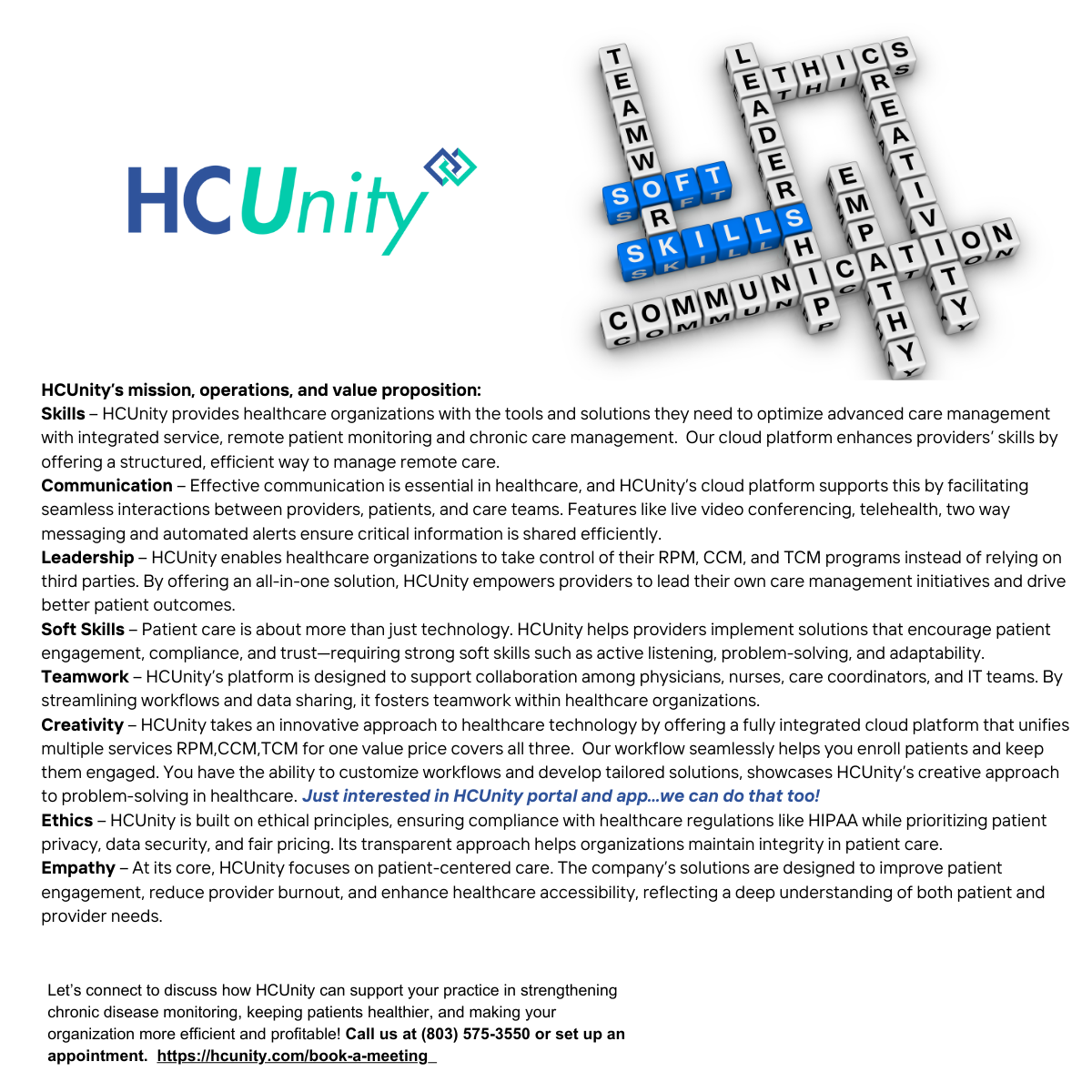HCUnity Keeping Your Chronic Patients Connected
Strengthening chronic disease monitoring, keeping your patients healthier and engaged.

Strengthening chronic disease monitoring, keeping your patients healthier and engaged.

A new study has found that feeding fructose to lab animals with cancer caused their tumors to grow faster. However, the tumors did not directly consume the fructose. Instead, researchers discovered that the liver converted fructose into a type of fat that the cancer cells readily absorbed. This finding sheds light on the potential link between high-fructose diets and tumor growth, an association that has long been suspected but not fully understood. The study, funded by the NIH and published in Nature on December 4, suggests that the liver plays a key role in fueling tumors by transforming fructose into lipids.
The U.S. Food and Drug Administration (FDA) has issued an alert for patients using diabetes devices, including continuous glucose monitors (CGMs), insulin pumps, and automated insulin dosing systems. The alert warns that some users are not receiving or hearing critical alerts from their smartphones. Missing these alerts can lead to severe health risks, such as hypoglycemia, hyperglycemia, diabetic ketoacidosis, and even death. These alerts are essential for monitoring and managing blood sugar levels effectively, but misconfigurations in smartphone settings can prevent users from receiving them.
HCUnity is a market changer in Care Management, with a Unified Digital Cloud Platform designed to streamline operations, improve patient outcomes, and maximize revenue for healthcare organizations. Our secure and fully integrated solution combines Remote Patient Monitoring (RPM), Chronic Care Management (CCM), Transitional Care Management (TCM), Telehealth and Virtual Care, Automated Workflows and Compliance to ensure audit readiness, end-to-end logistics, and two-way patient engagement. Let’s look at your organization together and see how HCU can make a valuable difference. Call HCU Today! (803) 575-3550
#caremanagement #digitalcloudplatform #integratedsolution #remotepatientmonitoring #rpmroi #chroniccaremanagement #ccmroi #transitionalcaremanagement #tcm #telehealth #virtualcare #logisticsrpm #twowaypatientengagement
In January 2025, the U.S. Department of Health and Human Services (HHS) proposed significant updates to the HIPAA Security Rule to strengthen cybersecurity measures for electronic protected health information (ePHI). These revisions address the increasing frequency and sophistication of cyberattacks targeting the healthcare sector. The goal is to establish a more secure and uniform framework, ensuring that sensitive patient data is adequately protected.
Intermittent fasting (IF), long practiced as a religious ritual, has gained significant popularity as a tool for weight loss and overall health improvement. A 2024 survey found that 13% of Americans had followed an IF regimen in the past year. Mark Mattson, PhD, a neuroscientist at Johns Hopkins University, explains that IF is not a diet but rather a structured pattern of eating, focusing on when and how often food is consumed rather than specific food choices. IF works by alternating periods of energy deficit, such as fasting or exercise, with periods of energy intake and rest, potentially optimizing both general and brain health.